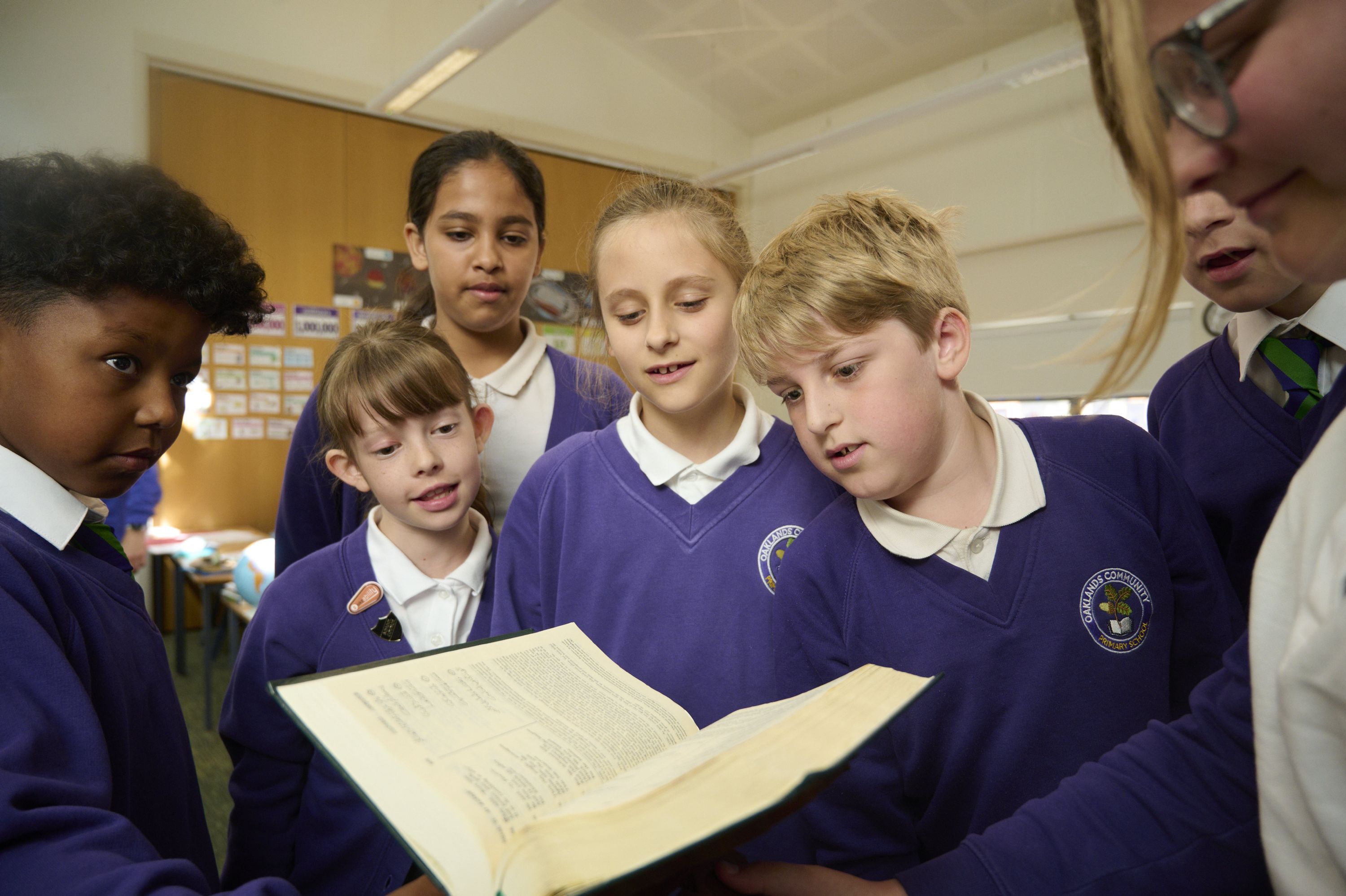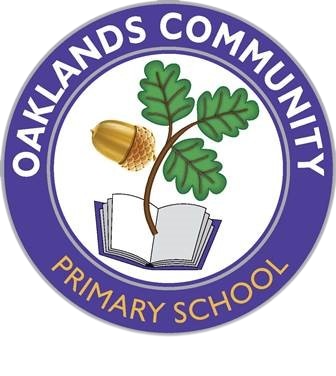Religious Education


Intent
Religious Education aims to support the development of pupils’ spiritual, moral, social and cultural understanding. It promotes curiosity, respect and open-mindedness towards others with different faiths and beliefs whilst encouraging pupils to develop their sense of identity and belonging through self-awareness and reflection. The principle aim of RE is to engage pupils in an enquiry approach where they can develop an understanding and appreciation for the expression of beliefs, cultural practices and influence of principle religions and worldviews in the local, national and wider global community.
Implementation
In Foundation Stage, the children learn about what is special to them: things, people, events, places and stories. They are introduced to Christianity through the festivals of Christmas and Easter, learning about a church and listening to simple Bible stories.
In Key Stage 1, the primary focus is for children to learn about the key themes of Christianity: the importance of Jesus; the festivals of Christmas and Easter; God and the creation of the world. Islam is the secondary focus and children learn about Allah and Muhammad; the festival of Ramadan and Muslim prayer. These religions reflect the school and local community. Non-religious views, such as Humanism, are introduced.
In Key Stage 2, children develop their knowledge of Christianity through deepening their understanding of a Christian’s relationship with Jesus and God, and the key beliefs of salvation and agape. In Islam, they expand their understanding of Muhammad and Allah and practise that Muslims exercise. Children are also introduced to the other world religions of Hinduism and Judaism. They learn about key beliefs and festivals. Non-religious views, such as Humanism, are explored too.
Children explore these different religions through discussions, research, visits, visitors, artefacts and experiencing particular aspects from the religion. Key fact retrieval slides are used to start each lesson to recap previous knowledge whilst end of unit assessments are used to assess knowledge from the current unit. Children are taught three RE units each year, one per term. Units are taught in weekly sessions.
Impact
Children at Oaklands Community Primary School will be able to:
- Recall key facts about religious figures and festivals
- Explain different religious practises and beliefs
- Ask relevant questions and use evidence to inform opinions and views on world religions
- Recognise the right for others to hold their own views and the richness that diversity brings
- Show respect for other people’s beliefs, values, practises and traditions
- Consider religious ideas through reflection, empathy and imagination and respond to more challenging questions about the meaning and purpose of life
- Explain confidently their own beliefs and spiritual ideas and relate this to their own unique identity and self-worth
Parental Right to Withdraw from Religious Education (RE)
At Oaklands Primary, we value and respect the diverse beliefs of all our families. Religious Education (RE) forms an important part of our broad and balanced curriculum, helping children to develop an understanding of different faiths, beliefs, and worldviews in a respectful and inclusive environment.
We understand that, as parents and carers, you have the legal right to withdraw your child from all or part of RE lessons if you wish. However, before making a formal request, we strongly encourage you to speak with your child’s class teacher or a member of the senior leadership team. These conversations can help clarify what is taught in RE and how it is delivered, and may address any concerns you might have.
Our aim is always to work in partnership with families, and we are happy to provide information about the RE curriculum and how it supports children’s spiritual, moral, social, and cultural development.
If you do decide to proceed with a withdrawal, this request must be made in writing to the Headteacher.
Please do not hesitate to contact us if you would like to arrange a conversation or request further information.
